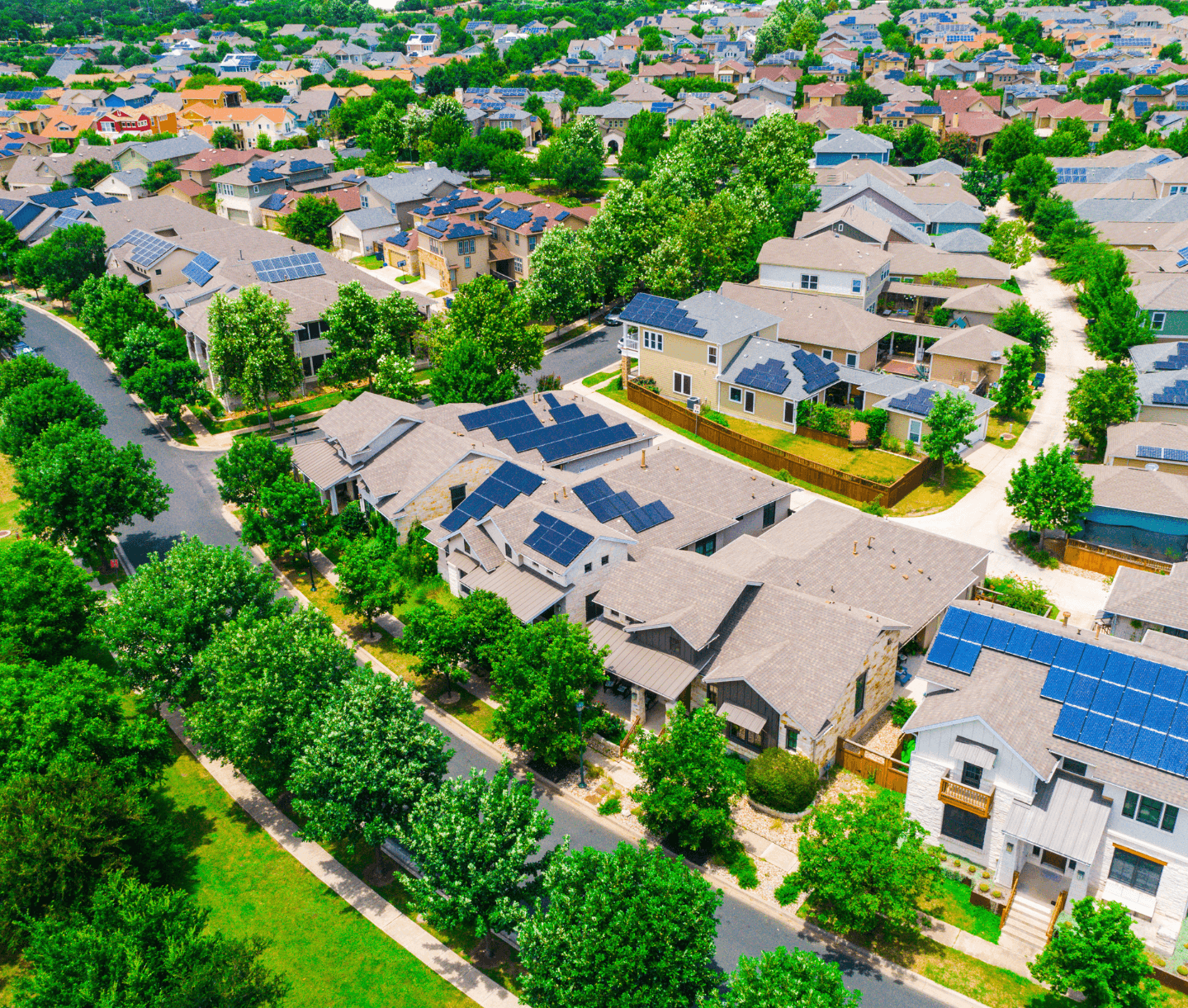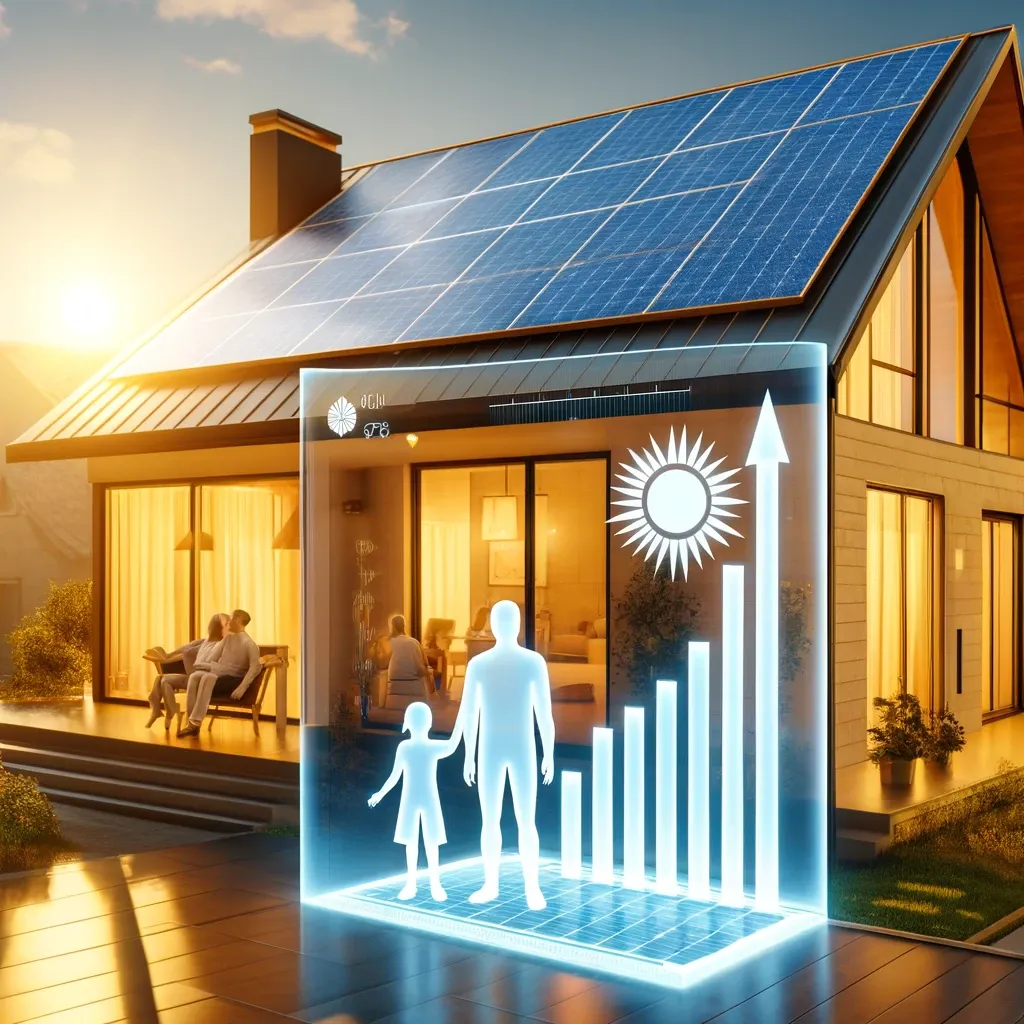In today's shifting energy landscape, decentralised energy systems are gaining momentum, reshaping how we power our homes and communities. With the introduction of microgrids and peer-to-peer energy trading platforms, the UK is witnessing a transformative change towards a more efficient and resilient energy future.
According to smartenergygb, decentralised energy systems, which include microgrids and peer-to-peer energy trading platforms, are gaining significant ground in the UK. These innovative systems offer promising opportunities for improving energy efficiency and bolstering resilience across the nation.
Traditional centralised energy grids face challenges such as aging infrastructure and vulnerabilities to disruptions. Decentralised energy systems like microgrids offer a solution. These small-scale localized energy networks allow communities to generate, store, and distribute electricity independently from the main grid, enhancing energy security and reducing transmission losses.
Peer-to-peer energy trading platforms enable individuals and businesses to buy and sell surplus energy directly with each other, bypassing traditional energy suppliers. This democratization of energy distribution empowers consumers, promotes renewable energy adoption, and fosters community engagement in sustainable energy practices.
The benefits of decentralised energy systems go beyond efficiency gains. By diversifying energy sources and distribution pathways, these systems enhance resilience against disruptions caused by extreme weather events or cyber-attacks. This resilience is vital for ensuring uninterrupted energy supply and safeguarding against potential economic and social impacts.
Moreover, decentralised energy systems contribute to reducing greenhouse gas emissions by integrating renewable energy sources, such as solar and wind power, into the grid. This aligns with the UK's ambitious climate goals and commitment to transitioning towards a low-carbon economy.
Implementing decentralised energy systems requires collaboration between policymakers, energy providers, technology developers, and local communities. Governments can support deployment through favorable regulations, financial incentives, and research and development funding.
Energy providers play a key role in investing in infrastructure and developing innovative solutions for integrating decentralised systems into the existing grid. Technology developers are crucial in designing scalable, interoperable, and secure platforms for energy trading and management.
Local communities are central to the decentralised energy revolution. Their active participation and support are essential for success. Community-led initiatives, such as neighborhood microgrids and energy cooperatives, can drive adoption, build resilience, and foster a sense of ownership over energy resources.
In conclusion, decentralised energy systems are poised to shape the future of energy distribution in the UK. By harnessing the potential of microgrids and peer-to-peer energy trading, we can create a more democratic, resilient, and environmentally friendly energy landscape for generations to come. Let us embrace this transformative journey towards a brighter energy future.



